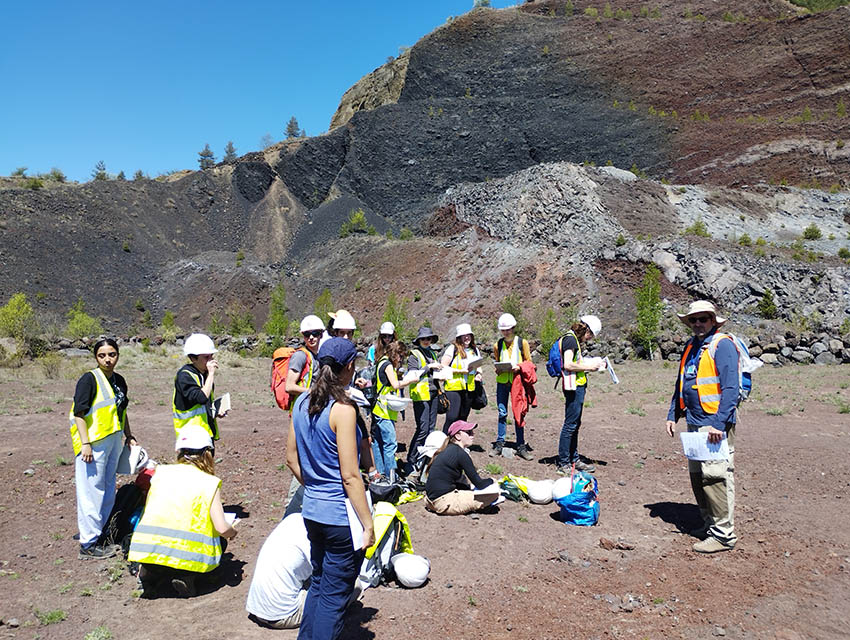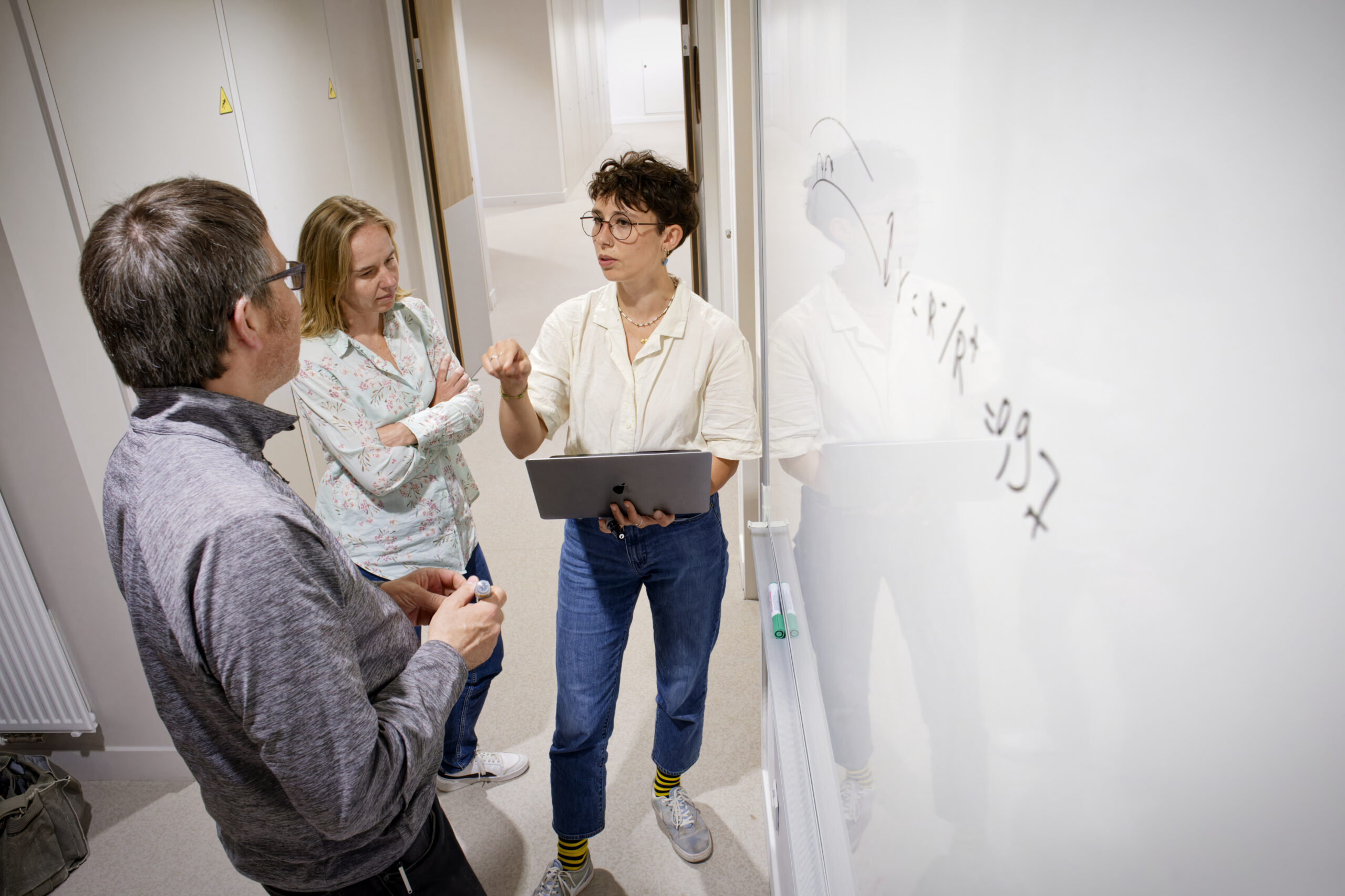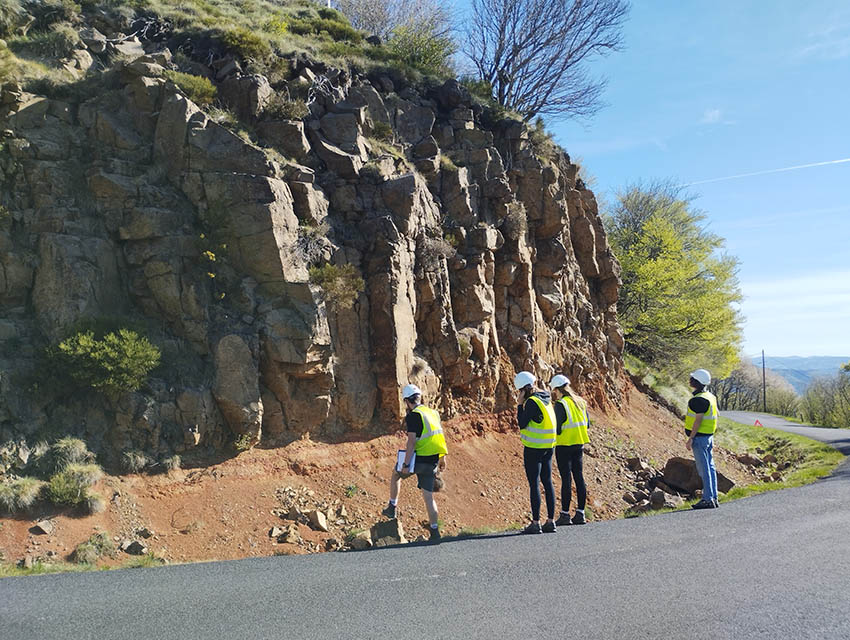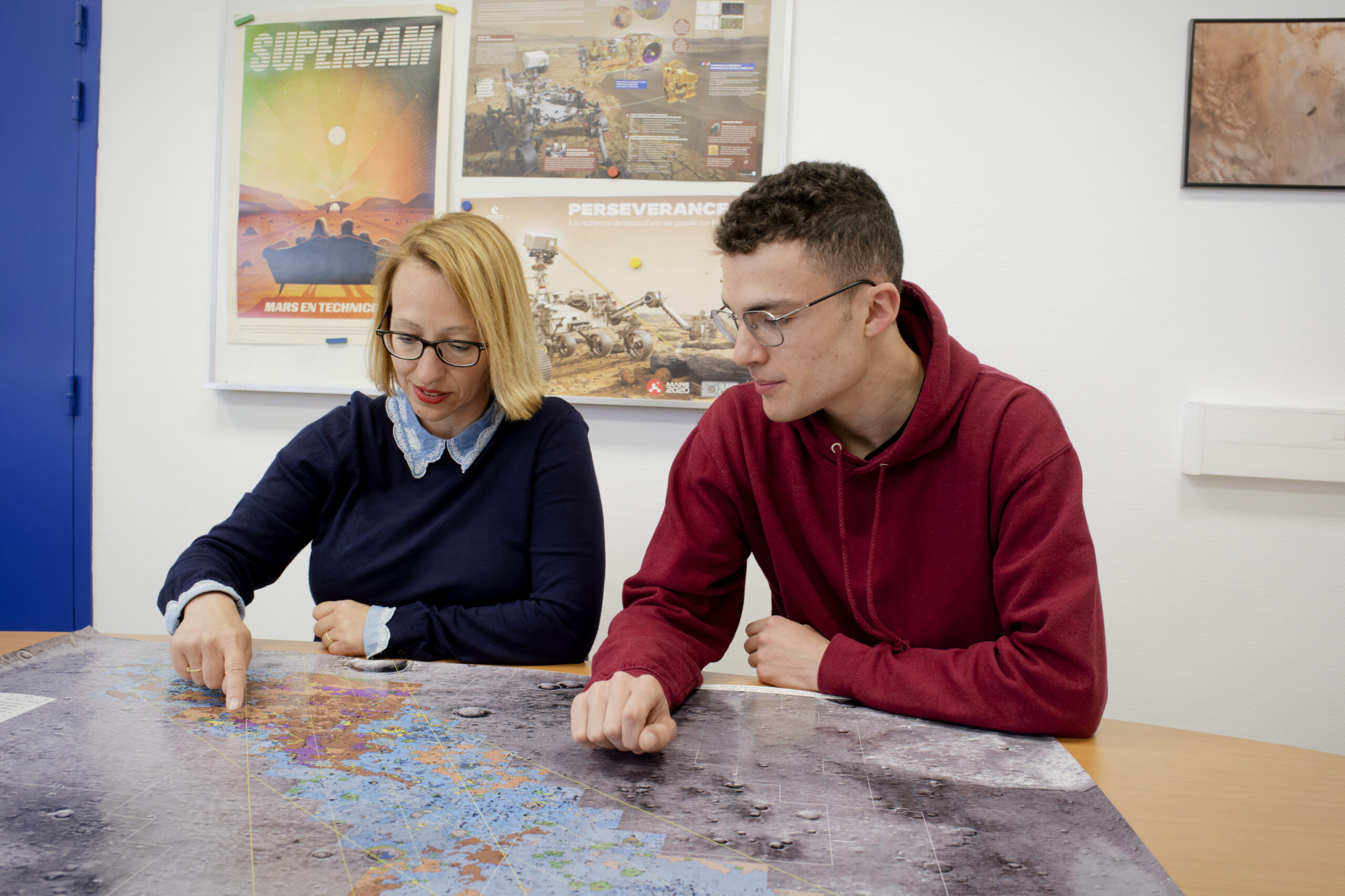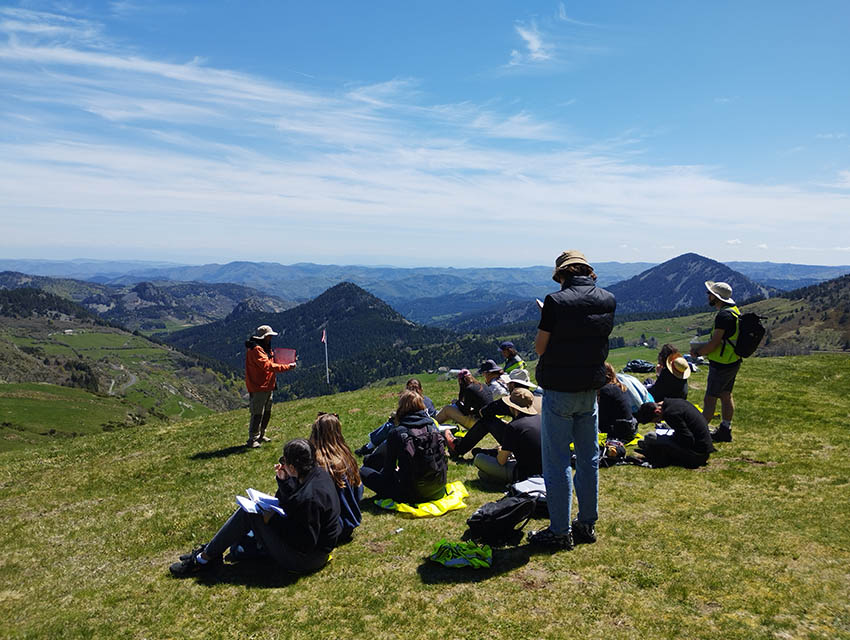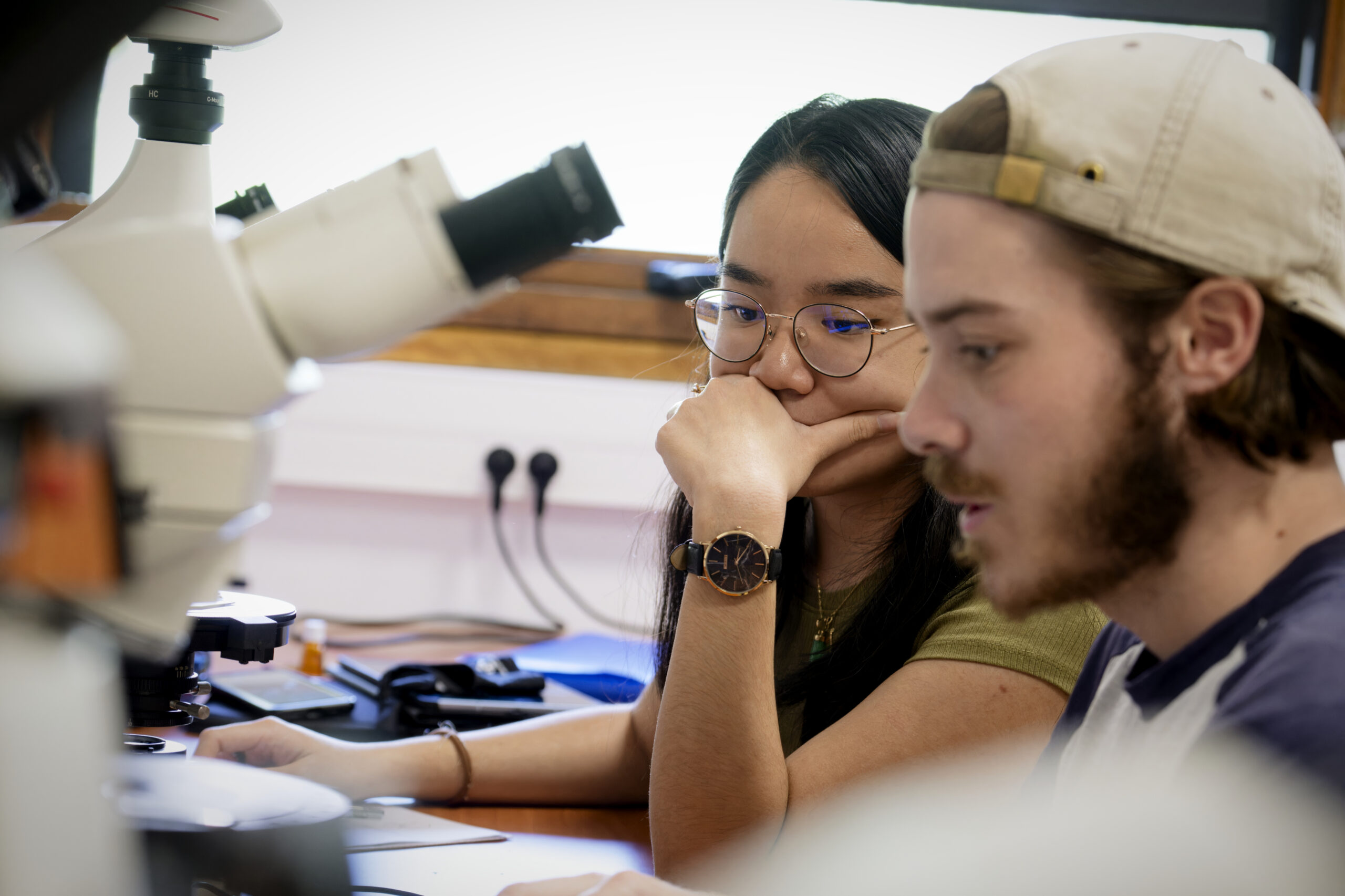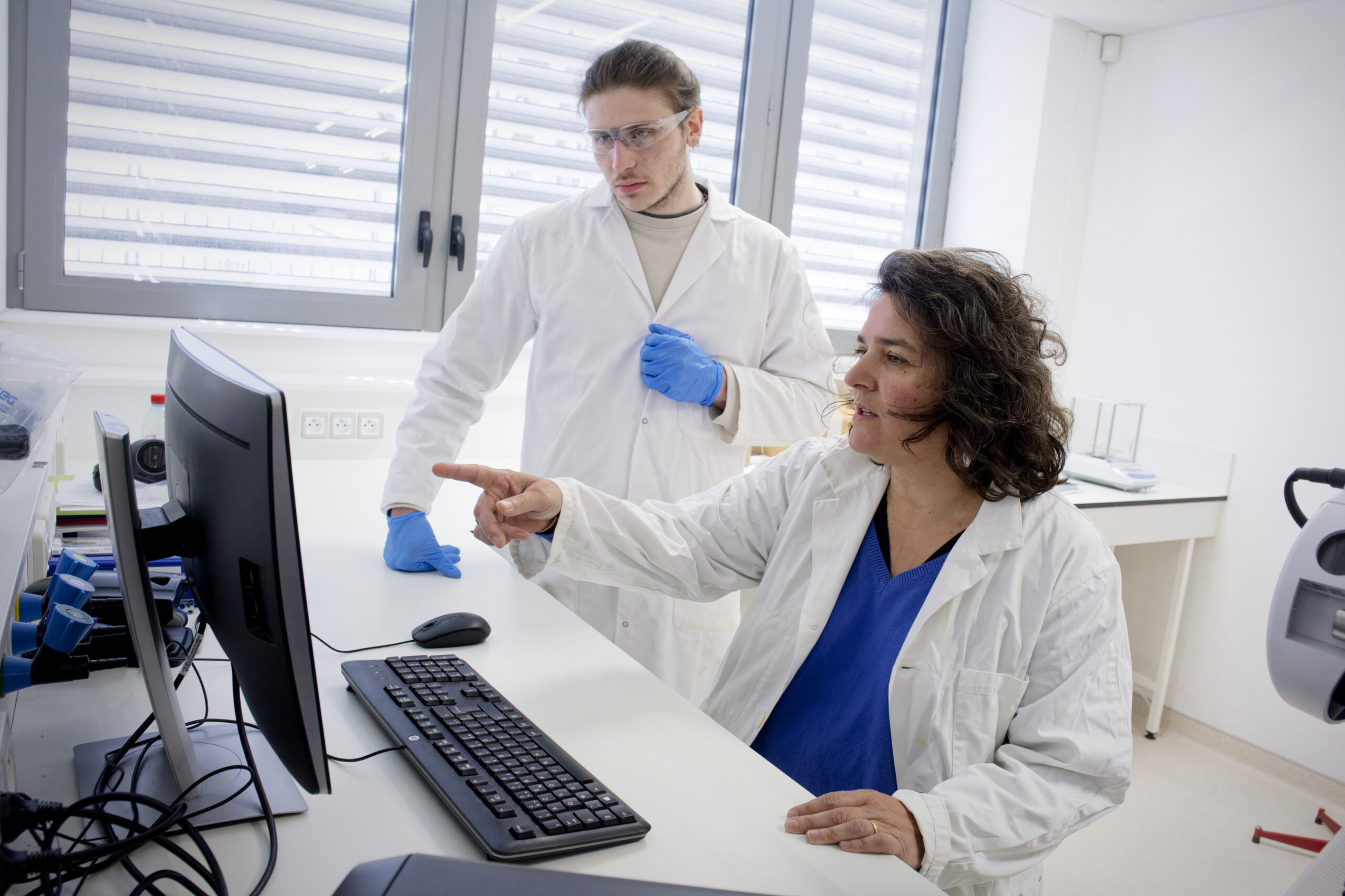Study offers
The Laboratoire de Géologie de Lyon is the backbone of excellent training in Earth Sciences Research & Development at undergraduate, graduate and doctoral levels. The laboratory’s internationally-renowned geoscience researchers and lecturers teach undergraduate and graduate courses, as well as doctoral programs.
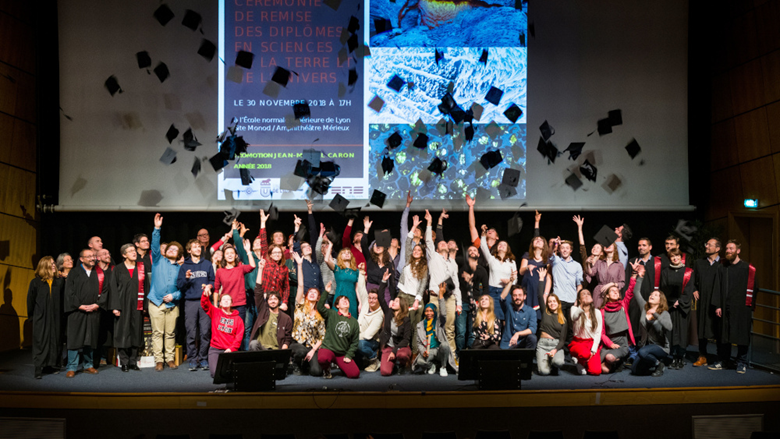
Lyon’s Master’s degree in Earth, Planets and Environment is a training program of excellence in Earth Sciences Research & Development. The courses are based on the cutting-edge research themes of the Laboratoire de Géologie de Lyon, a world leader in geosciences research. The teaching staff are internationally renowned researchers in their fields, who are committed to providing training in their discipline. The Master’s program is open to international exchanges, and is taught entirely in English.
The first year of the Master’s program (M1) includes a core curriculum for half the year, giving you the skills you need for a future career in R&D (several months’ experience in a research laboratory, digital skills, English…). The rest of the year is up to you to build on your interests. A wide choice of options is offered in paleontology, sedimentology, internal Earth processes (dynamics, mineralogy…), planetology, geochemistry, tectonics, geomorphology….
The second year of the Master’s program (M2) is totally flexible. A wide choice of options enables students to specialise in the laboratory’s core themes: paleontology, sedimentology, internal Earth processes (dynamics, mineralogy, etc.), planetology, tectonics, geomorphology…. This fully personalised 1st semester course is followed by a 6–month research internship.
More than 90% of our alumni go on to do a PhD after completing the M2 program. After their thesis, our alumni go on to pursue successful careers in French or international academic research, or move into R&D at innovative French or foreign companies.
The Master’s degree is co-accredited by 3 institutions: ENS de Lyon, Université Lyon 1 and Université Jean Monnet (Saint–Étienne). This means that courses are taught by researchers from these 3 establishments. However, courses will only take place on 2 campuses: the ENS de Lyon campus and the Campus de la Doua (Université Lyon 1).
Master’s internships are available in the laboratory:
You can do an internship with the laboratory in either M1 or M2. Several subjects are proposed by the laboratory’s researchers. The list of these subjects is available for consultation here.
If you would like to join us in a doctoral thesis, our laboratory is attached to two doctoral schools, E2M2 and PHAST, and you can consult the list of available thesis projects here.
Description of the doctoral schools :
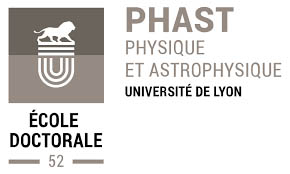
The PHysics and ASTrophysics Doctoral School (PHAST) of Lyon welcomes around 50 new PhD students each year in astrophysics, subatomic physics, optics and lasers, materials for optics and optoelectronics, nanoscience and nanomaterials, nonlinear physics, geophysics and the physics-health and physics-biology interface, geology and planetology.
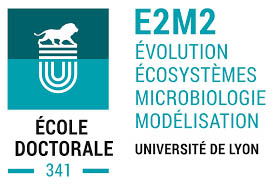 The Ecosystems Evolution Modeling Microbiology Doctoral School’s training offer (E2M2) is based on an evolutionary, population and ecological vision, open to a formal approach to biological and paleobiological systems. The School’s teams are committed to interdisciplinary science.
The Ecosystems Evolution Modeling Microbiology Doctoral School’s training offer (E2M2) is based on an evolutionary, population and ecological vision, open to a formal approach to biological and paleobiological systems. The School’s teams are committed to interdisciplinary science.
Find out more:
List of Masters internships and PhD thesis offers available All the study offers in Earth Sciences in Lyon Department of Earth Sciences of ENS Lyon Lyon Observatory Observatoire de Lyon
